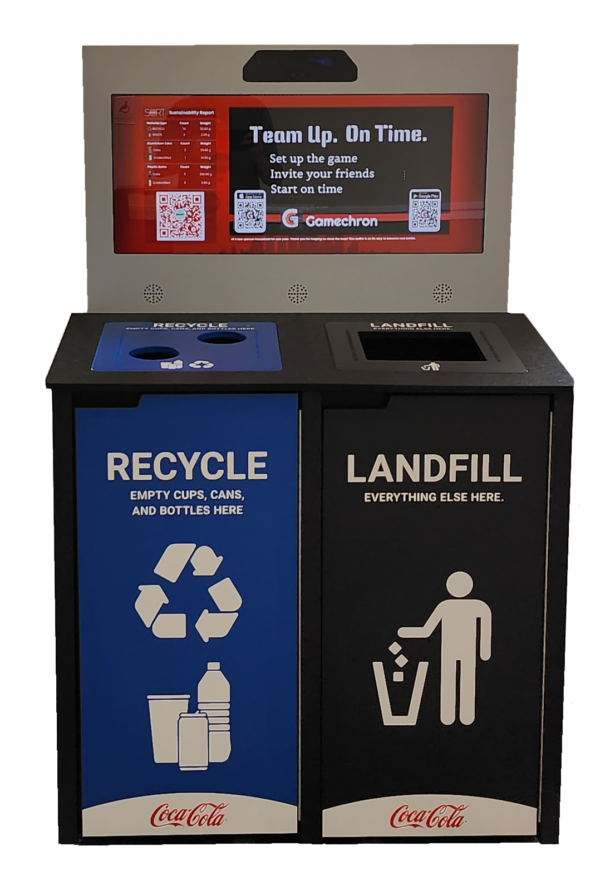In an increasingly digital world, smart sorting technology is playing a larger role in recycling. Smart sorting technology uses advanced automation to identify and separate out different types of recyclable materials. This process is done quickly and accurately, reducing the amount of human labor needed and improving the efficiency of the recycling process. Smart sorting technology also helps reduce the contamination of recyclables, ensuring that only those materials that can be properly recycled are collected.
The impact of smart sorting technology on recycling is significant. For starters, it increases the efficiency of the recycling process. By automating the sorting process, it helps reduce the amount of human labor required, and it can be done much faster and more accurately than manual sorting. This means that more recyclables can be collected in less time, leading to more efficient recycling practices.
In addition, smart sorting technology can help reduce contamination in the recycling process. By using artificial intelligence to identify and separate out different types of recyclables, it can more effectively identify those materials that are not recyclable and discard them, reducing the amount of contamination in the process. This helps ensure that only those materials that can be properly recycled are collected, reducing waste and improving the overall efficiency of the recycling process.
Overall, smart sorting technology has had a significant impact on the recycling process. It has increased the efficiency of the process by reducing the amount of human labor needed and improving accuracy in the sorting process. It also helps reduce contamination in the recycling process, ensuring that only those materials that can be properly recycled are collected. Smart sorting technology is quickly becoming an essential part of the recycling process, and it has the potential to drastically improve recycling practices in the future.




